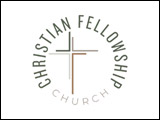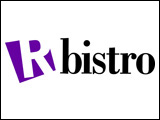The manager of PigTrace Canada is confident the adoption of traceability will provide the Canadian pork industry a marketing advantage in foreign countries.
Amendments to Canada’s Health of Animals Regulation, expected to take effect July 1, 2014 will require the reporting of movement information when pigs are received or shipped.
Jeff Clark, the manager of PigTrace Canada an initiative of the Canadian Pork Council, says international customers are increasingly interested in traceability.
It seems like any time there’s a food safety incident or an animal disease people start talking about traceability again.
That’s how it first started for Canada back in the early 2000s, Foot and Mouth Disease in the UK, there was Hog Cholera in the Netherlands,
It really got the livestock sector thinking about traceability and that happens every once in awhile when there’s food safety issues.
One of the most recent ones was the horse meat contamination issue in the European Union and that seems to have really ignited a resurgence of interest in traceability in Europe and other countries.
The Japanese market is one that’s often been talked about for traceability.
The European Union and Canada expect to have a trade agreement finalized soon.
We know Europe is a place that has a strong interest in traceability for its own countries.
I wouldn’t be surprised if the European Union required imported meat to have some form of traceability system behind it so I’m confident that Canada and PigTrace will be able to accomplish that.
For the global market place more and more countries are looking at having traceability to prove what the product is and also to verify product attributes such as animal care, our Canadian Quality Assurance Program or what ever type of product attributes the producer or the industry is trying to promote.
Clark notes the tools are now in place to accommodate movement reporting and PigTrace Canada will be stepping up its effort early in the new year to encourage stakeholders to begin using those tools, well in advance of reporting becoming mandatory.



